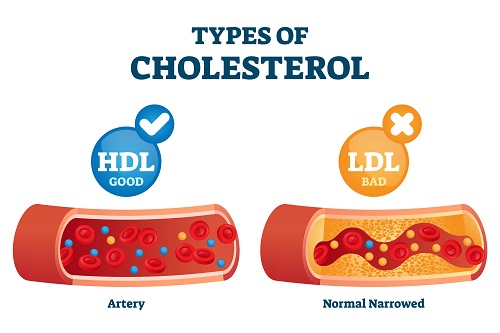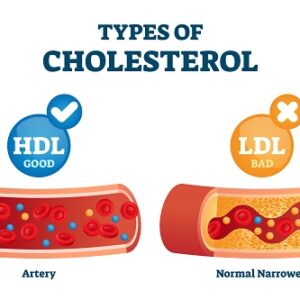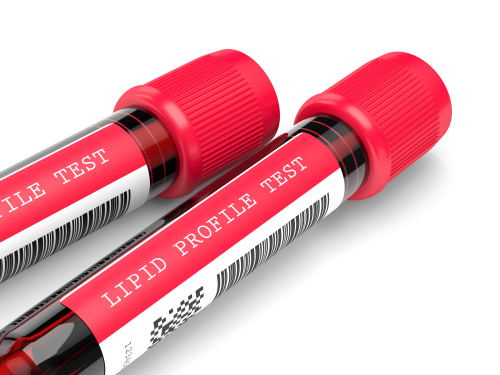What is the Body Mass Index and how is it calculated?
Their relationship varies with age and gender. BMI does not measure body fat directly, but BMI is moderately correlated with more direct measures of body fat. Body mass index (BMI) is considered a common tool for deciding whether a person has an appropriate body weight.
| Body Mass Index (BMI) formula |
| Body mass index (BMI) = weight (kg)/height² (m²) |
BMI Calculation:
- For weight in Kilograms and height in meters (or centimeters),
Formula: weight (kg) / [height (m)]²
With the metric system, the formula for BMI is weight in kilograms divided by height in meters squared. Because height is commonly measured in centimeters, divide height in centimeters by 100 to obtain height in meters.Example: Weight = 68 kg, Height = 165 cm (1.65 m)Calculation: 68 ÷ (1.65)2 = 24.98
- For weight in Pounds and height in inches,
Formula: weight (lb) / [height (in)]² x 703
Calculate BMI by dividing weight in pounds (lbs) by height in inches (in) squared and multiplying by a conversion factor of 703.Example: Weight = 150 lbs, Height = 5’5″ (65″)Calculation: [150 ÷ (65)2] x 703 = 24.96
What are the normal ranges of BMI?
WHO (World Health Organisation) classification
| Underweight | BMI < 18.5 |
| Normal | BMI 18.5 < 25.0 |
| Overweight | BMI 25.0 < 30 |
| Obese | BMI > 30 |
For Asians
| Underweight | BMI < 18.5 |
| Normal | BMI 18.5 < 23.0 |
| Overweight | BMI 23.0 < 25.0 |
| Obese | BMI > 25 |
What causes an altered BMI?
Factors such as age, sex, ethnicity, and muscle mass all contribute to variation in BMI.
Causes of High BMI
Energy imbalance is certainly one of the biggest contributors to weight gain. However, your ideal weight is primarily determined by genetics, as well as by the types of foods you eat and how much you exercise.
Causes of Low BMI
A prolonged illness or a medical treatment might reduce your BMI. Excessive stress, abusing drugs or alcohol, or an overactive thyroid are other complicating factors.
Eating disorders can also result in a dangerously low BMI. A BMI of 16.5 or less is a potential marker for anorexia nervosa, a condition wherein a person has an intense fear of gaining weight
High BMI Risks
Having a body mass index over 25.0 means that you could be overweight. If your body mass index falls above 30.0, you have a greater risk of obesity and related diseases. When your body mass index reaches these high numbers, your blood cholesterol is more likely to be high. Elevated blood cholesterol hardens arteries, a condition known as atherosclerosis, and increases your blood pressure. Over time, the added strain on your heart boosts your risk of heart attack and heart disease. Some people with a high body mass index may also be at risk of developing gallstones, osteoarthritis, several types of cancers and respiratory issues.
Low BMI Risks
When your body mass index is below 18.5, you could be underweight. Consuming a minimal amount of calories or burning more calories than you consume can lead to malnutrition and a low body mass index. With this, your body is not getting adequate carbohydrates to make glucose to fuel cells, protein to build muscle tissue or fat for hormone production. Additionally, you may not be getting enough vitamins and minerals for your body’s basic biological processes.
How do I maintain my BMI levels?
Stay active
It’s important to exercise at least 60-90 minutes most days of the week. If you can find a sport or vigorous outdoor activity you enjoy doing, it helps cut down excess calories being accumulated and thus, maintain an optimal BMI.
Eat healthy
Avoid random snacking that contributes to weight gain. Cut out on high calorie drinks. Increase your fruits, vegetables and protein intake. Staying hydrated and eating a balanced diet are equally important.







